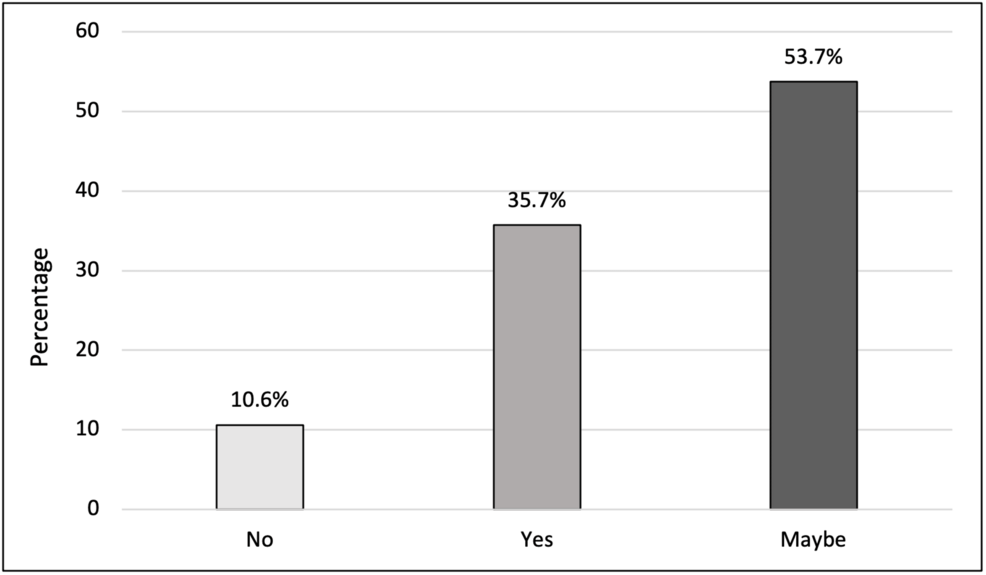The State of Health Care in Saudi Arabia: Progress and Challenges
In recent years, Saudi Arabia has embarked on an ambitious journey to transform its healthcare landscape. The nation aspires to not only enhance the quality of medical services but also to respond to the pressing health challenges posed by a rapidly growing population and shifting demographics. With a population exceeding 33 million, the Kingdom is experiencing increased demands on its public health resources. This article explores the recent advancements in Saudi healthcare, the challenges that remain, and the ongoing efforts to align with international standards of care.
At the heart of this transformation is Saudi Vision 2030, a comprehensive blueprint aimed at diversifying the economy and enhancing public services across various sectors, including health. Nestled within this framework is the goal of developing a more integrated, patient-centered healthcare system that emphasizes quality and accessibility. Significant financial investments have already been made to improve infrastructure and promote innovative health solutions.
One of the most noteworthy advancements is the establishment of a more extensive network of healthcare facilities. The Saudi government has prioritized constructing new hospitals and clinics, particularly in underserved areas. According to ministry reports, the number of hospitals has increased significantly, with many facilities now equipped with state-of-the-art technology. This expansion is crucial for providing comprehensive care that meets the needs of the population.
Despite these strides, the healthcare system faces significant challenges. A primary concern is the shortage of healthcare professionals, particularly nursing staff and specialized physicians. The rapid expansion of facilities has not been matched by an adequate increase in qualified personnel. To combat this issue, the Saudi Ministry of Health is investing heavily in education and training programs aimed at preparing a new generation of healthcare professionals. Collaborations with international universities have also been established to enhance the curriculum and provide local students with exposure to global best practices in healthcare.
Another pressing challenge is the increasing prevalence of chronic diseases among the Saudi population. Conditions such as obesity, diabetes, and cardiovascular diseases have become more common, spurred by lifestyle changes, urbanization, and a sedentary culture. A 2019 report from the Saudi Health Council highlighted that obesity rates among adults have more than doubled in the last two decades. Consequently, the government has initiated public health campaigns aimed at promoting healthier lifestyles. These campaigns are designed not only to educate the populace on nutrition and exercise but also to create an environment that encourages healthy living.
Mental health is another critical area that has gained attention in recent years. Historically, mental health issues were often stigmatized in Saudi society, leading to underreporting and inadequate treatment options. The Ministry of Health has taken active steps to destigmatize mental health care, launching awareness programs that highlight the importance of psychological well-being as part of overall health. Moreover, initiatives have been implemented to enhance mental health services, including the expansion of facilities and the incorporation of telehealth services to reach wider demographics.
Technological advancements also play a crucial role in enhancing healthcare services in Saudi Arabia. The integration of artificial intelligence and digital health solutions is transforming how healthcare providers deliver services. Telemedicine, for instance, has gained traction, particularly in the wake of the COVID-19 pandemic, allowing patients to access care from the comfort of their homes. The adoption of electronic health records (EHR) systems has also improved record-keeping and patient management, facilitating better coordination among care providers.
Despite these advancements, challenges remain concerning healthcare accessibility and equity. Rural areas continue to grapple with disparities in healthcare service delivery, necessitating focused efforts to ensure that advancements in technology and infrastructure reach all segments of the population. Additionally, addressing healthcare financing through insurance reforms remains a priority, as the government seeks to decrease its reliance on Oil revenues while providing essential services to its citizens.
In conclusion, while Saudi Arabia has made significant strides toward enhancing its healthcare system, considerable work remains to be done. The ongoing commitment to improving healthcare services will be pivotal in ensuring a healthier future for its citizens. As the nation continues to navigate these complexities, collaboration between governmental bodies, the private sector, and international partners will be essential in fostering a resilient and efficient healthcare system capable of meeting the evolving demands of the population.
—
Tags: #HealthNews, #EconomyNews, #Saudi, #BusinessNews

